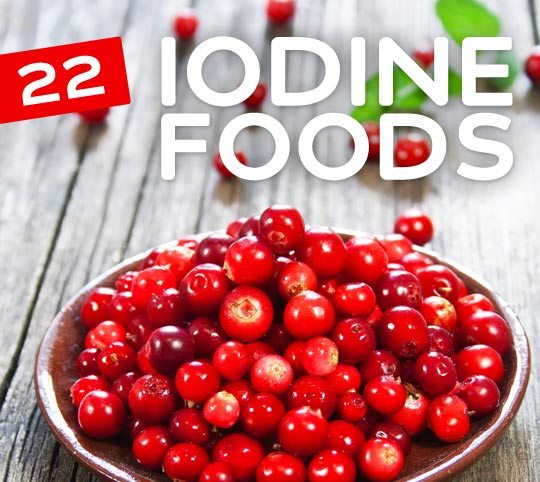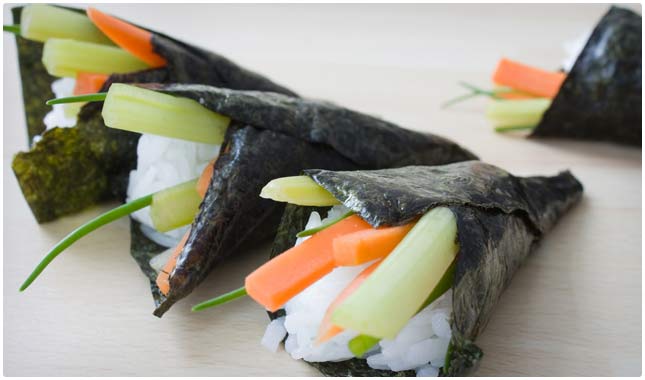
Lugol's Iodine Solution
...............................................Allergy and Nutrition Clinic
Laura Power, PhD, LDN
.....Summary by Laura Power, PhD, LDN
© August, 2006
Based on research of: Guy Abraham, MD, David Brownstein, MD, and Linnette Beck
Symptoms of Iodine or thyroid deficiency
Do you have any of these symptoms? Brittle nails, cold hands and feet, cold intolerance, depression, difficulty swallowing, dry skin, dry hair or hair loss, fatigue, high cholesterol, hoarseness, infertility, lethargy, menstrual irregularities, early menopause, poor memory or concentration, slower heartbeat, throat pain, or weight gain. Or more serious diseases: thyroid dysfunction, fibrocystic breast disease, breast cancer, ovarian cancer, endometrial cancer, or prostate cancer? Does your child have any of these symptoms? Developmental delays (ADD, PDD, LD), mental retardation, or Down's Syndrome. If so, iodine deficiency or hypothyroid could be the cause.
Symptoms of thyroid excess
Symptoms of hyper-thyroid (levels that are too high) include: racing pulse, heart palpitations, and Graves Disease. Graves Disease is an autoimmune condition that reflects toxemia, where a foreign substance binds to TSH receptors, causing the body to make higher and higher amounts of thyroid hormones. It can become life threatening.
Read More Here
..........................................................................

22 Foods Highest in Iodine
Iodine is an essential mineral that’s vital to the proper functioning of the thyroid.
The thyroid gland is responsible for managing growth and metabolism. An
iodine deficiency can cause symptoms such as fatigue, high cholesterol,
lethargy, depression, and swelling of the thyroid gland. Prevent this
dangerous deficiency by eating the right amount of iodine rich foods
each day.


Baked Potatoes
In order to get the necessary nutrients, baked potatoes are a better option than mashed potatoes. Most of the important dietary staples, such as fiber, vitamins, and potassium are contained in the skin. Baked potatoes are also a great source of iodine; one medium potato provides about 40% of the recommended daily amount of iodine.
Serving Size (1 medium potato), 60 micrograms of iodine (40% DV), 161 calories.
Milk
Milk is usually the beverage of choice for anyone who’s worried about a calcium or Vitamin D deficiency. But milk also contains several other nutrients, including the essential mineral iodine. One cup of milk contains an impressive 56 micrograms of the mineral, or about 37% of what the average person must consume each day.
Serving Size (1 cup), 56 micrograms of iodine (37% DV), 98 calories.

Dried Seaweed
For iodine deficiency, dried seaweed is the go-to remedy because of its incredible supply of this essential mineral. A quarter-ounce serving contains 4,500 micrograms of iodine. That’s way more than enough iodine for the body to absorb in a day (3000% of the daily value, to be exact.) Consume smaller portions over time in order to gain the health benefits.
Serving Size (1/4 ounce), 4,500 micrograms of iodine (3000% DV), 18 calories.
Cod
The meat of the cod fish is mild, moist, and delicious. It’s also low-fat, low-calorie, and packed with several nutrients. A three-ounce serving size of cod provides your body with 99 micrograms of iodine, or 66% of the recommended amount per day. Cod is also a healthy source of protein, calcium, magnesium, potassium, and Vitamin E.
Serving Size (3 ounces), 99 micrograms of iodine (66% DV), 89 calories.


Baked Potatoes
In order to get the necessary nutrients, baked potatoes are a better option than mashed potatoes. Most of the important dietary staples, such as fiber, vitamins, and potassium are contained in the skin. Baked potatoes are also a great source of iodine; one medium potato provides about 40% of the recommended daily amount of iodine.
Serving Size (1 medium potato), 60 micrograms of iodine (40% DV), 161 calories.
Milk
Milk is usually the beverage of choice for anyone who’s worried about a calcium or Vitamin D deficiency. But milk also contains several other nutrients, including the essential mineral iodine. One cup of milk contains an impressive 56 micrograms of the mineral, or about 37% of what the average person must consume each day.
Serving Size (1 cup), 56 micrograms of iodine (37% DV), 98 calories.

Dried Seaweed
For iodine deficiency, dried seaweed is the go-to remedy because of its incredible supply of this essential mineral. A quarter-ounce serving contains 4,500 micrograms of iodine. That’s way more than enough iodine for the body to absorb in a day (3000% of the daily value, to be exact.) Consume smaller portions over time in order to gain the health benefits.
Serving Size (1/4 ounce), 4,500 micrograms of iodine (3000% DV), 18 calories.
Cod
The meat of the cod fish is mild, moist, and delicious. It’s also low-fat, low-calorie, and packed with several nutrients. A three-ounce serving size of cod provides your body with 99 micrograms of iodine, or 66% of the recommended amount per day. Cod is also a healthy source of protein, calcium, magnesium, potassium, and Vitamin E.
Serving Size (3 ounces), 99 micrograms of iodine (66% DV), 89 calories.
Read More Here

No comments:
Post a Comment
Hello and thank you for visiting my blog. Please share your thoughts and leave a comment :)